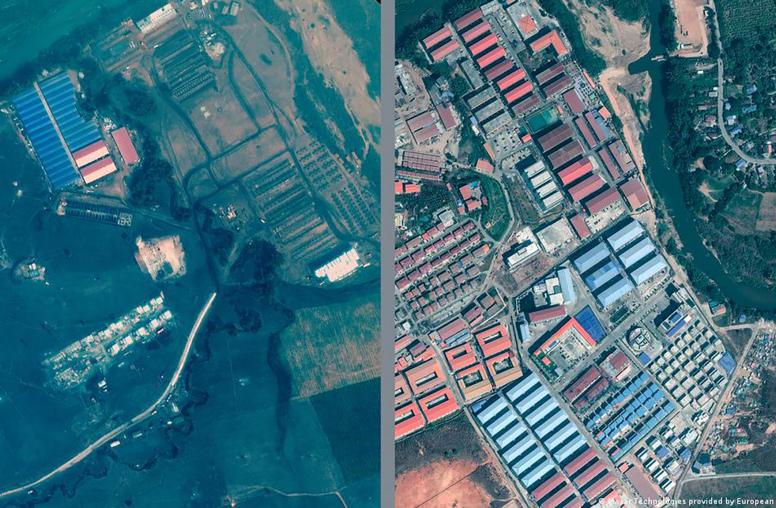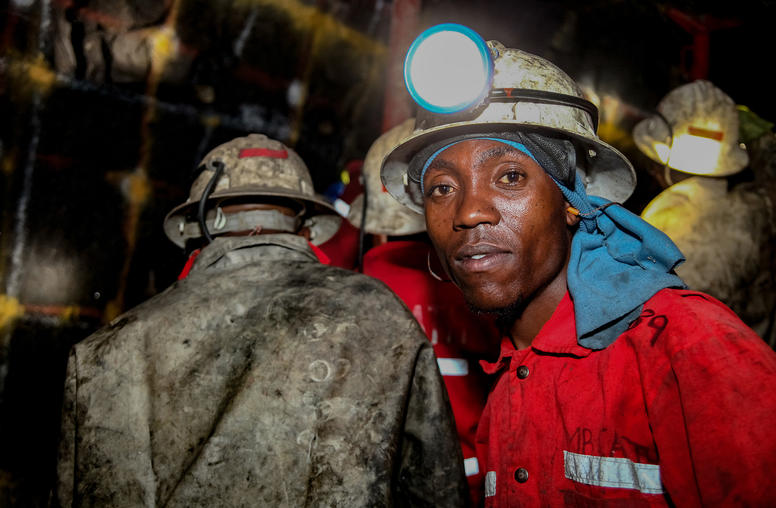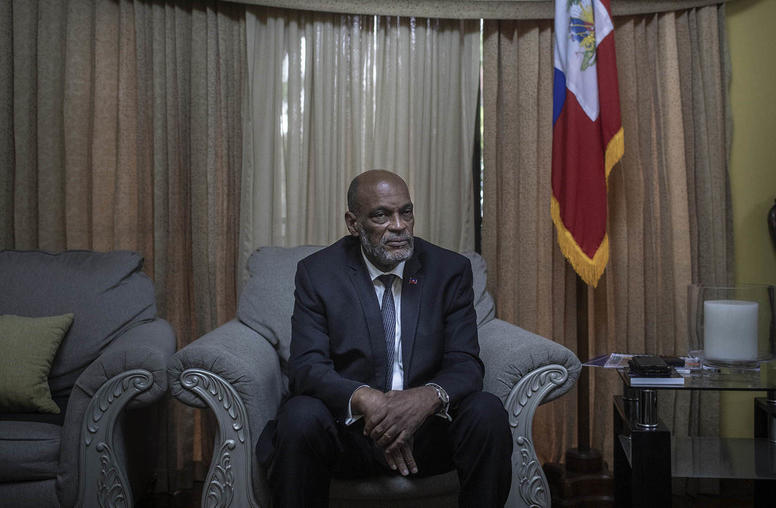 Global Policy
Global Policy
The U.S. Institute of Peace convenes officials and policy experts, influences high-level debates, and works with other institutions, government and civil society groups to discuss and develop better strategies that will prevent, mitigate or resolve violent conflict. Among the institute’s global policy priorities are the problem of fragility—when a state is vulnerable to violent conflict because government is unwilling or unable to address its citizens’ needs—and the need to better connect humanitarian relief, security sector assistance, political action and longer-term development aid.
Featured Publications

The Latest on Southeast Asia’s Transnational Cybercrime Crisis
Increasing scrutiny and exposure of global internet scams based in Southeast Asia has sparked fast-moving developments to quash the schemes and countermoves by the organized gangs behind them. Recent months have seen crackdowns, arrests and internet cutoffs by law enforcement agencies and regional governments. Meanwhile, Cambodia and Myanmar continue to be the most egregious havens for criminal operations, while Laos seems to be demonstrating early signs of concern for the impact of organized crime on its sovereignty.

Kiribati’s President Wins Reelection: What Does it Mean for the U.S. and China?
Kiribati President Taneti Maamau, reelected last week, will probably use his third term to continue strengthening ties with China. U.S. relations with Kiribati, however, remain less well established. Since last year, the number of U.S. embassies in the Pacific Islands has leapt from six to nine, reflecting the region’s higher priority to the United States as its concerns have grown about China’s engagement. But efforts to build a U.S. embassy in Kiribati — the closest country to Hawai‘i — have stalled because of Maamau’s government.

North Korean Troops in Russia Show Putin Is Doubling Down on Ukraine War
After signing a mutual defense pledge in June, North Korea and Russia relations appear to be deepening. U.S. officials confirmed last week that North Korean troops, including elite special forces, were in Russia for training and potentially combat operations against Ukraine. This represents a “dangerous expansion of the war,” according to U.S. and NATO officials. It could also have serious ramifications for peace and security on the Korean Peninsula. South Korea is concerned that the deployment of North Korean troops could provide them valuable combat and technical experience. Meanwhile, China is watching closely to see what this means for its influence over North Korea and the implications for broader geopolitical tensions with the West.
Current Projects

Transnational Organized Crime in Southeast Asia
Over the past decade, Southeast Asia has become a major breeding ground for transnational criminal networks emanating from China. USIP assembled a senior study group to assess one of the most pernicious aspects of such criminality: rapidly spreading, industrial-scale scam compounds that rely on forced labor lured from around the world. The senior study group convened four meetings to share research and information on the trends, dimensions and character of the criminal networks operating the scam compounds and developed recommendations for countering their malign effects.

Critical Minerals in Africa
Often throughout Africa’s history, natural resource exploitation has brought devastating consequences. However, it’s clear that Africa’s critical minerals will be developed regardless of the risks. The question is: How will critical minerals be developed and to whose benefit?

Crisis in Haiti
Analysis of Haiti’s deepening crisis, its implications for regional peace and security, and policy options for the United States to consider.